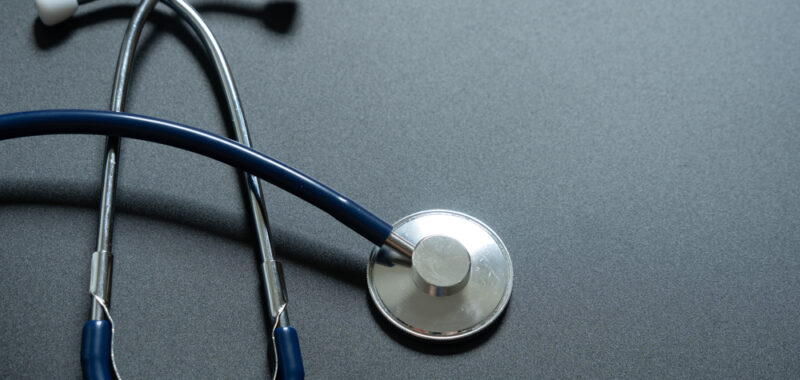I was checking into a hotel the other day and noticed a QR code to tip the front desk staff. In an era where we book online, check in online, and check out online, I am not exactly sure where that tip request comes from. Tipping culture has crossed a line. We can now thank anyone in the service industry with an easy Venmo payment.
And now I think it is time to tip health care workers.
Times have changed. There is no banging of pots when nurses and doctors finish their shifts. I haven’t seen a “Health care workers are heroes” sign recently. Yet, we continue to expect that health care workers come to work every day taking care of everyone despite the rising chaos of medicine.
Violence toward health care workers is shockingly commonplace. In fact, they are five times more likely to be the victim of workplace violence than workers in other industries. Nurses and nurses’ aides have the highest rate of assault. One nurse had “essentially every bone” in her face broken after being attacked on the job. Maybe instead of asking nurses to be punching bags, we should give them a tip? I’m sure they would appreciate that more than a broken nose.
Inpatient hospital care is risky for patients. In one study, about one in every four patients experienced an adverse event. Meanwhile, private equity acquisition of hospitals is on the rise, despite data showing increases in adverse outcomes by approximately 25 percent. Perhaps patients could thank their health care team with money—not dying is certainly a better reason to tip than getting a really good latte.
Medicare reimbursement to physicians recently dropped by 2.83 percent, even though health care costs and complexity continue to rise. Access to care is increasingly difficult, particularly in primary care where reimbursement is already low. Rural doctors sometimes accept eggs as payment. We could just add Venmo to their front desk check-in.
Dissatisfied workers are increasingly turning to temporary, or locums, work. In this new paradigm, nurses and physicians are employed for only a few days or weeks at a time, frequently changing institutions to better suit their personal financial and scheduling goals. Not surprisingly, the lack of established teams and institutional knowledge has been associated with increased harm to patients. Instead of forcing institutions to address burnout, we should focus on offering tips as gratitude.
Health care is a massive service industry that hasn’t benefited from our modern tipping culture. Let’s start thanking nurses and doctors for providing care. Que up the QR code.
Or maybe not. We should probably just fix the system instead.
Colleen Naglee is an anesthesiologist.


